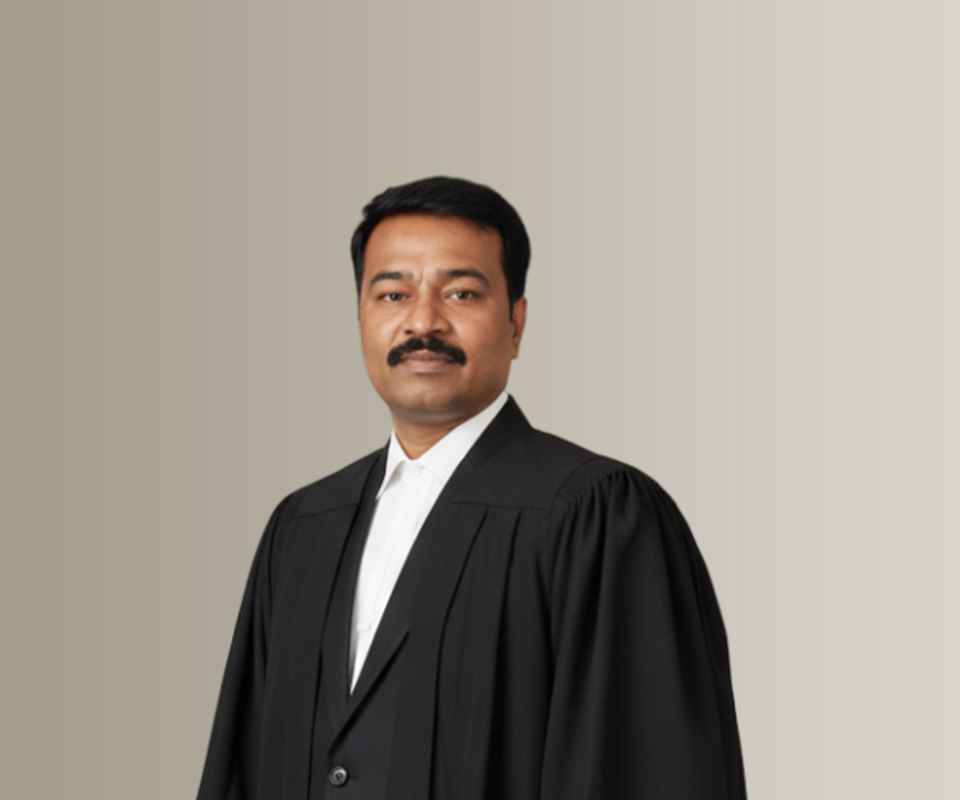Answer By law4u team
In India, the issue of child custody after divorce is one of the most sensitive and complex aspects of the separation process. The welfare and best interests of the child are paramount, and Indian courts decide custody matters based on these principles, often after a thorough examination of the parents' circumstances, living conditions, and the child's well-being.
The Indian legal system, primarily under the Hindu Marriage Act, the Guardianship and Wards Act, and various other child protection laws, addresses custody issues to ensure a fair and just outcome. Whether the parents seek primary custody, joint custody, or visitation rights, courts play a significant role in determining what arrangement is most beneficial for the child.
Key Considerations for Child Custody After Divorce
Best Interests of the Child
The most crucial factor in deciding child custody is the best interests of the child. Indian courts prioritize the emotional, physical, and psychological well-being of the child, taking into account:
- The age and gender of the child
- The child's relationship with each parent
- The financial stability of both parents
- The mental and physical health of both parents
- The child’s preference, if they are of sufficient age and maturity (usually 9 years and older)
- The ability of the parent to provide a stable home environment
Types of Custody
There are three main types of custody arrangements in India:
- Legal Custody: Refers to the right to make decisions about the child’s upbringing, education, and health. It is usually shared by both parents, even if one parent has physical custody.
- Physical Custody: Refers to the parent with whom the child lives. One parent may have primary physical custody, or the child may live with both parents alternately in joint custody arrangements.
- Joint Custody: Both parents share the responsibility for raising the child, and the child spends time with each parent, though one parent may have primary physical custody. Joint custody does not necessarily mean equal time with the child but rather shared decision-making power.
Custody Laws Under Indian Legislation
- Hindu Marriage Act (HMA), 1955: For Hindus, the HMA provides for the custody of children after divorce. It allows the court to grant custody based on the child’s welfare and best interests.
- Guardianship and Wards Act, 1890: This Act governs the appointment of legal guardians for children. Under this law, a parent can seek the custody of a child through a guardianship petition in the court, which considers the child’s well-being as the primary concern.
- Muslim Personal Law: For Muslims, custody is governed by personal law, and generally, the mother has a right to custody until the child reaches a certain age. The father typically gets custody after the child reaches adolescence.
- Special Marriage Act, 1954: For those married under the Special Marriage Act, the court uses the best interest principle to decide custody matters.
Factors Considered by the Court
When determining custody, courts look at several factors, such as:
- Parenting capability: The court evaluates the ability of each parent to provide a stable, loving, and secure environment for the child.
- Financial stability: The parent who can provide financial support for the child’s well-being may have an advantage in getting primary custody.
- Parental relationship: Courts consider the nature of the relationship between the child and both parents. A parent who has a stronger emotional bond with the child may be granted custody.
- Child’s preferences: If the child is old enough (usually over 9 years of age), the court may consider their preference regarding custody.
Visitation Rights
Even if one parent is granted primary custody, the other parent is typically granted visitation rights. This allows the non-custodial parent to spend time with the child, either regularly or on special occasions (like weekends or holidays). Courts aim to ensure that the child maintains a meaningful relationship with both parents.
Role of Child’s Welfare in Custody
The welfare of the child remains the paramount consideration in custody disputes. Courts avoid granting custody to a parent who may harm the child’s well-being, be it physically, emotionally, or mentally. If a parent has a history of domestic violence, substance abuse, or other harmful behaviors, they may be denied custody or granted limited visitation rights.
What Happens in Custody Disputes?
Custody Awards in Favor of Mothers
Traditionally, mothers are often granted custody of children under the age of 5 or 6, as it is presumed that mothers are more suited for the early care of children. However, this is not a hard and fast rule, and fathers can be awarded custody if it is proven that they can provide a better environment for the child.
Custody Awards in Favor of Fathers
Fathers are granted custody in cases where they can prove that the mother is unfit to raise the child (due to reasons like abuse, mental illness, or inability to provide care). Courts may also grant fathers custody when the mother is unable to provide proper care due to work commitments or financial instability.
Grandparents and Other Relatives
In certain cases, especially when both parents are unfit to care for the child, custody may be awarded to grandparents or other relatives who can provide a stable environment.
Example of Child Custody After Divorce
Case 1: Mother Gets Custody
Rani and Anil are going through a divorce, and they have a 4-year-old child. The court awards primary custody to Rani because she has been the child's primary caregiver, and the child has a strong emotional bond with her. Anil is granted visitation rights, and he can spend weekends with the child.
Case 2: Father Gets Custody
Meena and Vikram divorce after a long separation. Their 10-year-old son is more comfortable with Vikram, who has a stable job and can provide a good educational environment. Meena struggles with emotional issues, and the court grants primary custody to Vikram, with Meena being allowed visitation.
Conclusion
In India, the issue of child custody after divorce is approached with utmost care and attention to the child’s welfare. Courts prioritize the child’s best interests, ensuring that both parents have the opportunity to care for and maintain a relationship with their children. Whether custody is granted to the mother, father, or even extended family members, the legal system aims to protect the child’s emotional, physical, and psychological well-being. While custody disputes can be complex and emotionally charged, the ultimate goal is to ensure a stable and loving environment for the child post-divorce.







